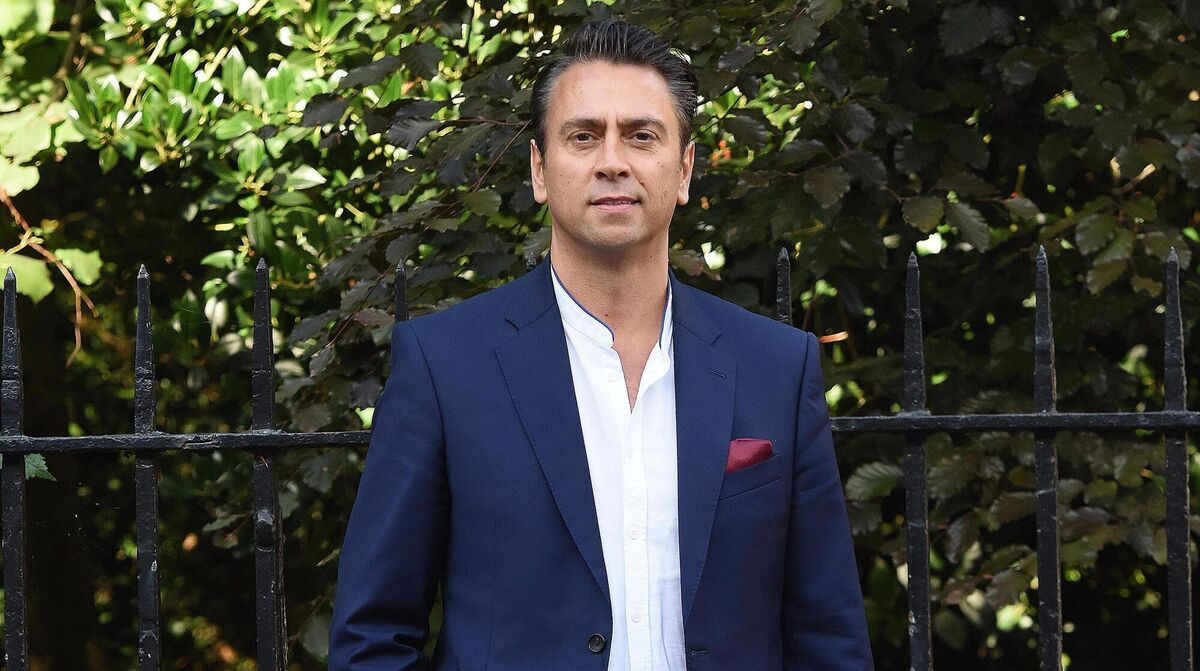Richard Hogan: Key tips to build your confidence if you suffer with self-doubt

Pic: iStock
Working clinically with clients is one of the great privileges of my life. As a psychotherapist, I get to sit with such courageous people trying to understand their lives and be more effective in dealing with the problems they are facing. As a clinician you hear the issues facing all of us in our daily lives. If I was to aggregate all the issues I’ve heard over the years, one of the most common I have been invited to help with is building confidence.
Why is it some people are more confident than others?
Why do some people suffer with self-doubt, while others stride shoulders back, carefree?
Well, in this article I’m going to outline some key tips that will help to build your confidence. When I’m working with a client that is riddled with self-doubt and lacking confidence, the first thing I look at is their internalised voice. There is nothing as important as the conversation that is going on inside your head. The story you tell yourself about who you are and what you are capable of, is the most important story you will ever hear.
‘I can’ and ‘I can’t’ are two correct statements. You must decide which one of those statements will drive you forward confidently and which one will hold you back.
When I’m starting to analyse this area with a client I often begin by interviewing that internalised voice. What I hear is a frightened, fearful voice that lacks any sense of self-believe.
You were not born with a crushing sense of self-doubt and innately lacking in self-believe. You developed that. You developed that negative internal voice. Remember, thoughts are not facts, they are just thoughts and they can be re-wired to be more positive and supportive. That is a crucial first understanding. I hear fatalistic negative statements so often in my work building confidence: ‘I’m just not that confident’ or ‘I have never believed in myself’.
What happens in our formative years that erodes our confidence?

Our parents modelled behaviour for us that we assimilated. Think about that for a moment — did you witness confident people in your formative years? Or did you hear a considerable amount of limiting negative talk?
Our relationship with our primary caregiver was also vitally important in developing our sense of self. If that was insecure or dysfunctional we might struggle to be confident in our relationships with others. Gaining an understanding of how your inner critic developed will be an important first step in building confidence.
Think about Ronaldo stepping up to take a penalty — is he filled with self-limiting ideas? If he misses, what does he do? Collapse under that failure or believe next time will be more successful? Confident people understand that setbacks are temporary and are learning moments. People who lack confidence are fearful of failure, so when it happens they struggle massively and it can annihilate any sense of self-believe. Learning to celebrate your successes and reframing those moments of learning when you didn’t achieve whatever it was you attempted to bring into life, is key to becoming more confident. We all fall short at times, but in my experience, people who are confident don’t become consumed by a setback, they learn from it. They also expect that it might happen, so it’s not a catastrophe when it does happen.
I have noticed that when clients sit in front of me and describe how they lack confidence their posture communicates very loudly their inner world. They are slouched, shoulders shrugged, and head down. However, after we have worked on building confidence, their posture changes. Clients often sit up, shoulders back and tell me about their improved feelings of adequacy and ability.
Our posture matters. Try to change your posture to present a more confident self-image. When we lack confidence we often have a very poor image of our own ability and competency. The antidote to this is building your awareness of your capabilities. An analogy I often utilise when discussing this topic is the headlights on a car. They only provide you with limited vision, so you have to believe that you can manage whatever comes out of the darkness to be able to drive any distance during the night. Someone who doesn’t believe they can manage that or wants to see everything to be sure, will be paralysed by analysis. We simply have to believe in ourselves and our abilities. That’s our confidence, and it gets depleted when our parents do everything for us or when we don’t push ourselves.
Make a list of your particular strengths, journal that and dare to disturb your universe. The more you do that and take calculated risks and push yourself the more you will develop your confidence. We can all have a little dip in confidence, that’s a normal part of being a human being. But if we develop more positive thinking habits, celebrate our successes and learn from our failures, while improving our posture and honing in on our competencies we will be far more confident and start to thrive in our lives.









